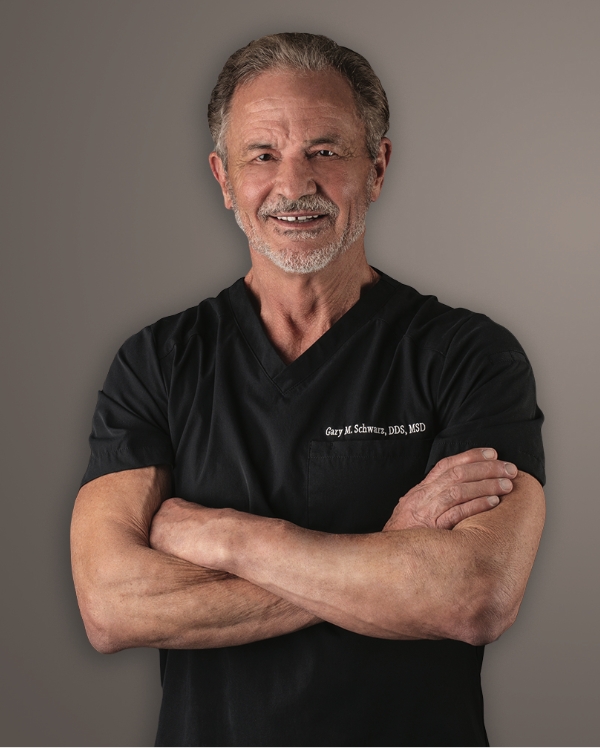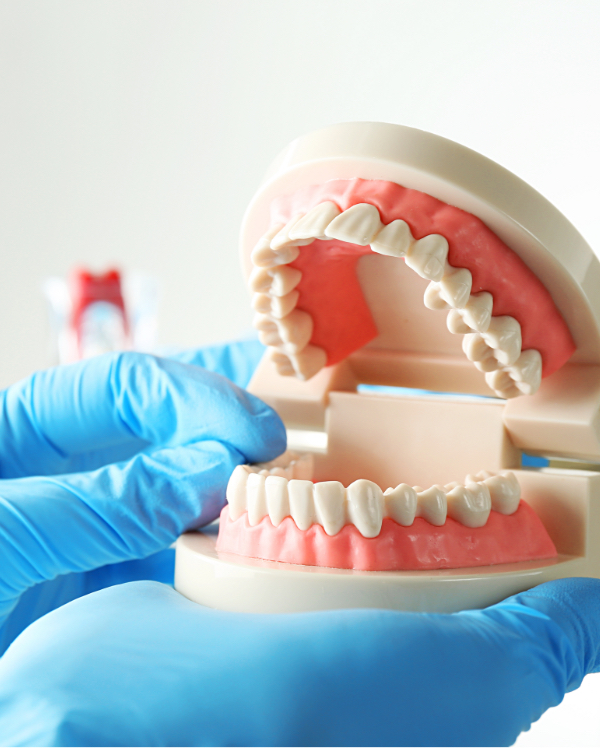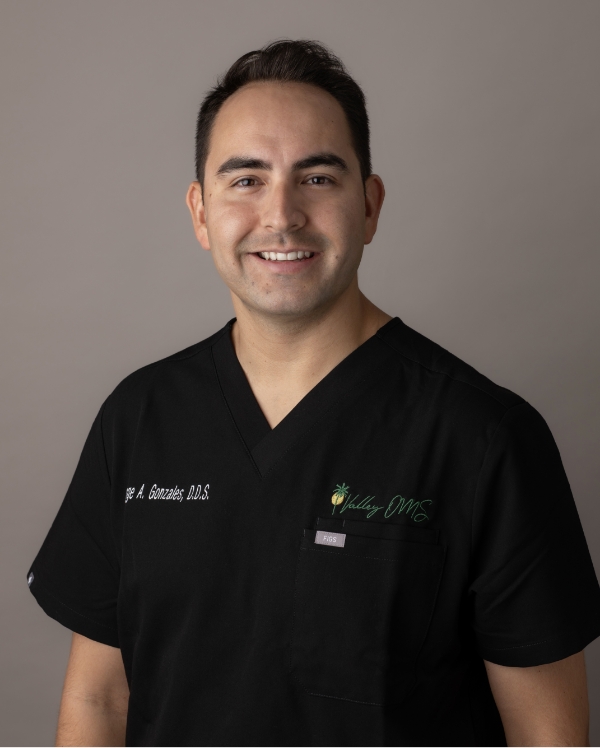Pre-Operative Instructions
- Do not eat or drink anything for 8 hours before your dental appointment. However, your usual medications should still be taken at the customary time using a minimal amount of water. Please call our office if you have any questions about what medications you can take.
- Patients are advised to take 400mg Ibuprofen (2 Advil) with 500mg of acetaminophen (1 extra strength Tylenol) 1 HOUR prior to procedure (if not allergic).
- No jewelry (tongue, nose and eyebrow rings, bracelets, rings, watches, necklaces, earrings, etc…) No nail polish or false nails. Wear dark comfortable loose-fitting clothing.
Please wear a short sleeve shirt - A responsible adult should accompany you to the office and remain in the clinic during the scheduled surgery and recovery period. This person will need to drive you home and care for you after the procedure. If the patient is under the age of 18 years old, a parent or legal guardian must be present.
Due to limited seating, only one adult is allowed with patient being treated.
DRIVER MUST NOT LEAVE OFFICE PREMISES - Contact lenses and dentures should be removed prior to the appointment. Prescription glasses are ok.
- Please arrive 15 minutes prior to your scheduled appointment. Please give at least 24 hours notice if you cannot keep your appointment. Other patients will appreciate your courtesy in releasing this time for them.
Post-Operative Instructions
- Medications: Prescriptions that are given to the patient should be filled shortly after leaving the office.
Pain Medication: Based on published studies and our clinical experience, we have found the best post-operative medications to be a combination of ibuprofen and Tylenol. It is best to take these pain medications on a consistent alternating schedule for the first few days after surgery.
Antibiotics: (If Prescribed) Start taking the day of your surgery after consuming a light meal. It is very important to take the antibiotic as directed and until all the medication is gone. Stop taking this medication if you develop a rash. Take Benadryl and call the office.
Swelling Medication: (Medrol Dose Pack): (IF PRESCRIBED). Start taking the morning after
surgery and then continue as directed on pack. If sleeping problems or stomach pain develops due to this medication, it can be stopped. If your pharmacy does not stock this medication, it is not essential to take it. - Bleeding: Gauze pressure dressings placed in mouth are to stop bleeding and should be left in place undisturbed for at least 30 to 45 minutes. Gauze is to be moistened and changed every 30 minutes until bleeding stops. Trouble in stopping the bleeding is usually due to improper gauze use. Be sure you place directly over the extraction site and bite with pressure. Persistent proper gauze pressure will almost always stop the bleeding after several hours. Moist tea bags can also be used if bleeding persists.
- Activity: The patient should lie down with head elevated and rest after the procedure. Do not drive or operate hazardous machinery the day of surgery. Light activities are permissible the first three days after surgery. You should avoid any heavy lifting or strenuous activity during this time.
- Diet: The mouth will be numb for 1-2 hours. Soft cool food should be eaten for 5 days following surgery and the diet should progress as tolerated. Do not chew on extraction sites in order to avoid packing food into sockets.
EXAMPLES: SOFT FOODS (Soups, mashed potatoes, Pudding, Jell-O, bananas, apple sauce, yogurt, smoothies) - Dry Sockets: Avoid excessive talking, spitting, rinsing your mouth for the 1st three days or drinking through a straw for the first week. Smoking and alcoholic beverages are discouraged during the initial healing process. These activities can cause a patient to develop a dry socket. A dry socket is the loss of the blood clot and can be very painful. Symptoms may include aching or throbbing pain radiating up to the ear area, usually starting on the 3rd or 4th day, and a bad taste in the mouth. Please call our office if you are experiencing any of these symptoms.
- Ice and Hot Packs: Ice packs should be applied to the cheeks immediately for the first 48 hours to reduce swelling. If swelling persists for 2-3 days following the surgery, warm moist heat to the area will be helpful. If swelling worsens after initially going down, contact our office, as infection may have developed.
- Rinsing and Brushing: After 3 hours begin gentle warm salt water rinses 3x daily. Start carefully brushing your teeth avoiding surgical areas morning after surgery.
- Sutures: If stitches are placed, your doctor will usually use dissolvable stitches that do not require removal.
PLEASE REPORT ANY SIGNS OR SYMPTOMS OF COVID-19 WITHIN NEXT 14 DAYS.
A FOLLOW UP APPOINTMENT IS NOT ALWAYS REQUIRED IF YOU ARE DOING WELL, BUT IF YOU HAVE ANY PROBLEMS, QUESTIONS OR CONCERNS, PLEASE CALL THE OFFICE. AFTER HOUR EMERGENCY NUMBER: 956-687-





